All CBS campuses to get recycling bins in 2021
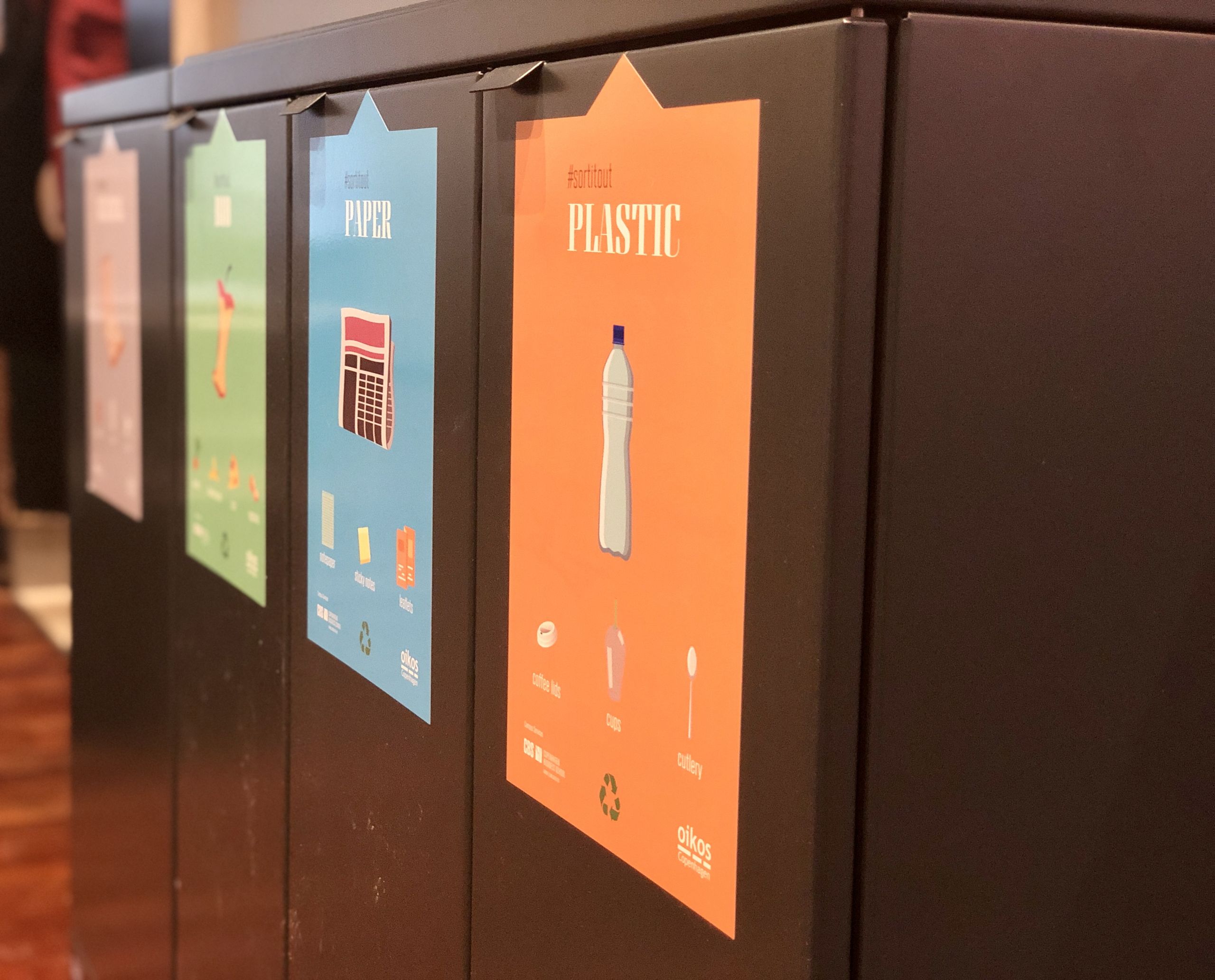
Right now, permanent recycling bins have been put up at CBS' canteens. Starting from next year, the waste sorting scheme will be expanded to cover all of CBS. (Photo: Anne M. Lykkegaard)
After failed attempts, CBS is now ready to expand its waste sorting scheme to cover all of CBS – starting in 2021. Architect Tore Klitgaard says waste sorting is now the only responsible option, and he hopes the recycling bins will be the new place to meet for a chat.
Right now, you can sort your waste at CBS canteens, and from the new year, the waste sorting scheme will expand to cover all CBS departments and common areas, explains Tore Klitgaard, Architect at CBS.
“We aim to reduce the amount of general waste from one third to one fifth. This will save both resources and money, as it’s cheaper to get sorted waste collected,” he says.
CBS expects to offer waste sorting in seven different fractions; plastic, bio, paper, general waste, metal, cardboard and glass, according to Tore Klitgaard. However, it is not certain that all seven fractions will be needed at all departments and common areas. Therefore, two pilot projects at the Department of Management, Society and Communication and at Station – A Student Innovation House are currently running to explore needs and optimal bin placements.
CBS has previously attempted to sort waste in common areas. Back in 2017, CBS was sorting waste into three fractions in its common areas. However, at the end of the day, it was all tossed together. Back then, the practice had already been in place for six years, CBS WIRE reported on November 10, 2017.
Fast forward to May 2019, when CBS’ Senior Management passed a new sustainability action plan at CBS with goals such as a commitment to 100% overall waste diversion by 2025 and a 100% reduction in greenhouse gas emissions by 2050.
At around the same time, a student initiative spearheaded by the student organization oikos Copenhagen introduced two recycling stations in Spisestuerne’s canteen at Solbjerg Plads as a three-month pilot scheme in collaboration with Campus Service.
But why has it taken so long for CBS to make waste sorting possible when it has flourished elsewhere for years?
Tore Klitgaard explains that CBS has been sorting its waste generated everywhere but the common areas and departments for years, but that not introducing waste sorting for students and staff has something to do with readiness, trust and prioritization.
“CBS is ready to commit to waste sorting and recycling. We have everyone engaged – from staff and students to senior management and cleaning personnel. We have a strategy in place with goals and resources allocated. So, whereas it was not a priority before, it most definitely is now. And now, everyone can see the need for it – it’s simply the smart option,” he says.
The failed attempt from earlier on, however, left a feeling of mistrust towards the project, which has taken some time to overcome, explains Tore Klitgaard.
“There has been skepticism towards recycling and waste sorting, which is one reason why we haven’t introduced it before. Mistrust focused on whether the waste was sorted at the recycling center after it had been picked up, but also on whether users were sorting correctly. And when it was clear that they were not, the waste was all thrown out together,” he says and continues:
“But if we want to change the use, we must insist on changing our behavior. We need to insist that recycling and waste sorting is important and that it’s vital that it’s done correctly.”
Do you come here often?
For years, Tore Klitgaard has wanted CBS to introduce waste sorting, so in order to gather data to support starting up a project, he ran a pilot project in his own department.
Hopefully, when we start sorting waste here, the recycling bins will become a new place to hang out for a chat
Tore Klitgaard
He introduced five bins that he monitored and took down to the basement for the final sorting when needed.
“Although most of us sort our waste at home, it has taken some time to teach people to sort their waste here. In the beginning, people threw their banana peels in the bin for hard plastic. I mean, people knew it didn’t belong there. Over time, they have learned, and now come and ask me how to sort certain types of waste if in doubt. So we can make it work, we just need to learn it,” he says.
Tore Klitgaard is in contact with CBS Climate Club and oikos Copenhagen about communicating efficiently to students and staff about how to use the new recycling bins, and he knows that initially there will be mistakes, but that is no longer an argument for not introducing them.
“I believe we can encourage and make demands concerning waste sorting. Recycling has become quite a phenomenon, so hopefully, when we start sorting waste here, the recycling bins will become a new place to hang out for a chat. Just like the coffee machine,” he says.



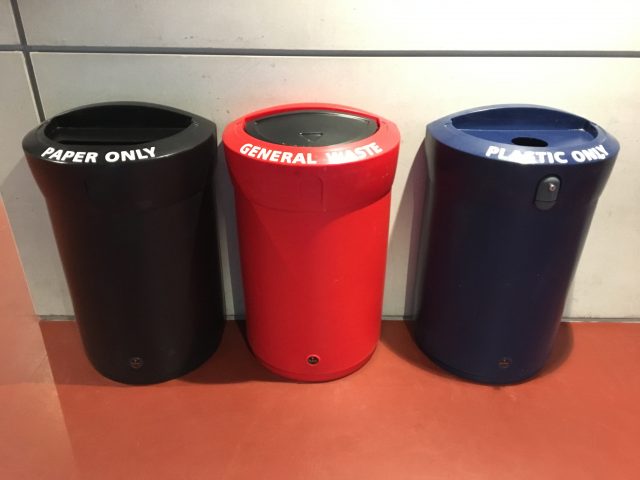
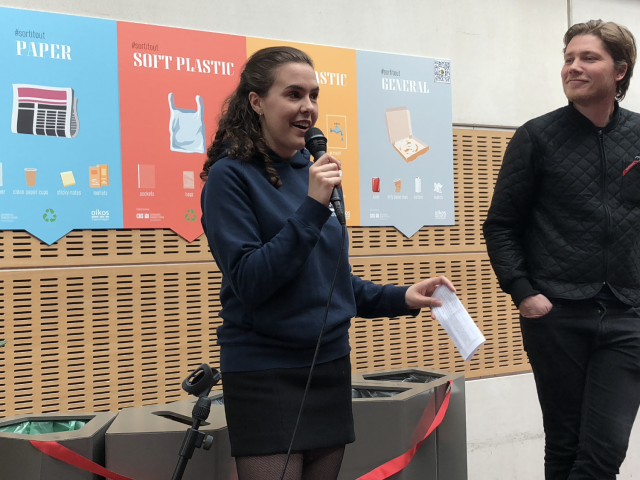
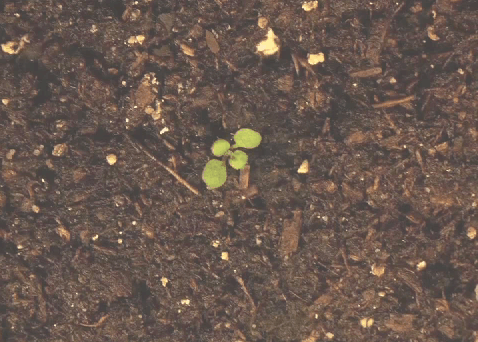
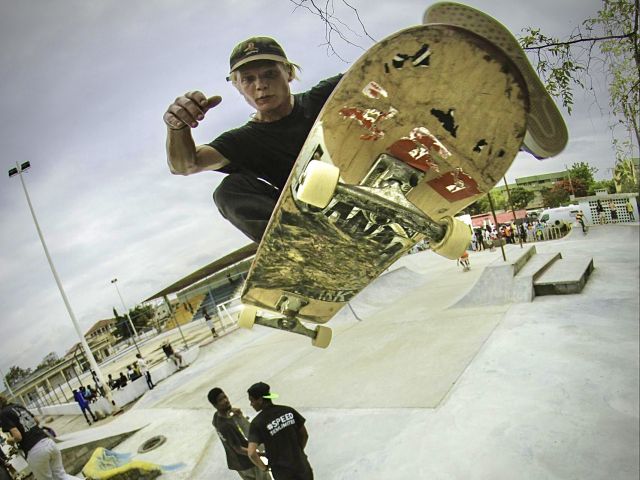





























































































































Comments